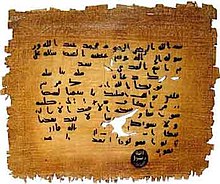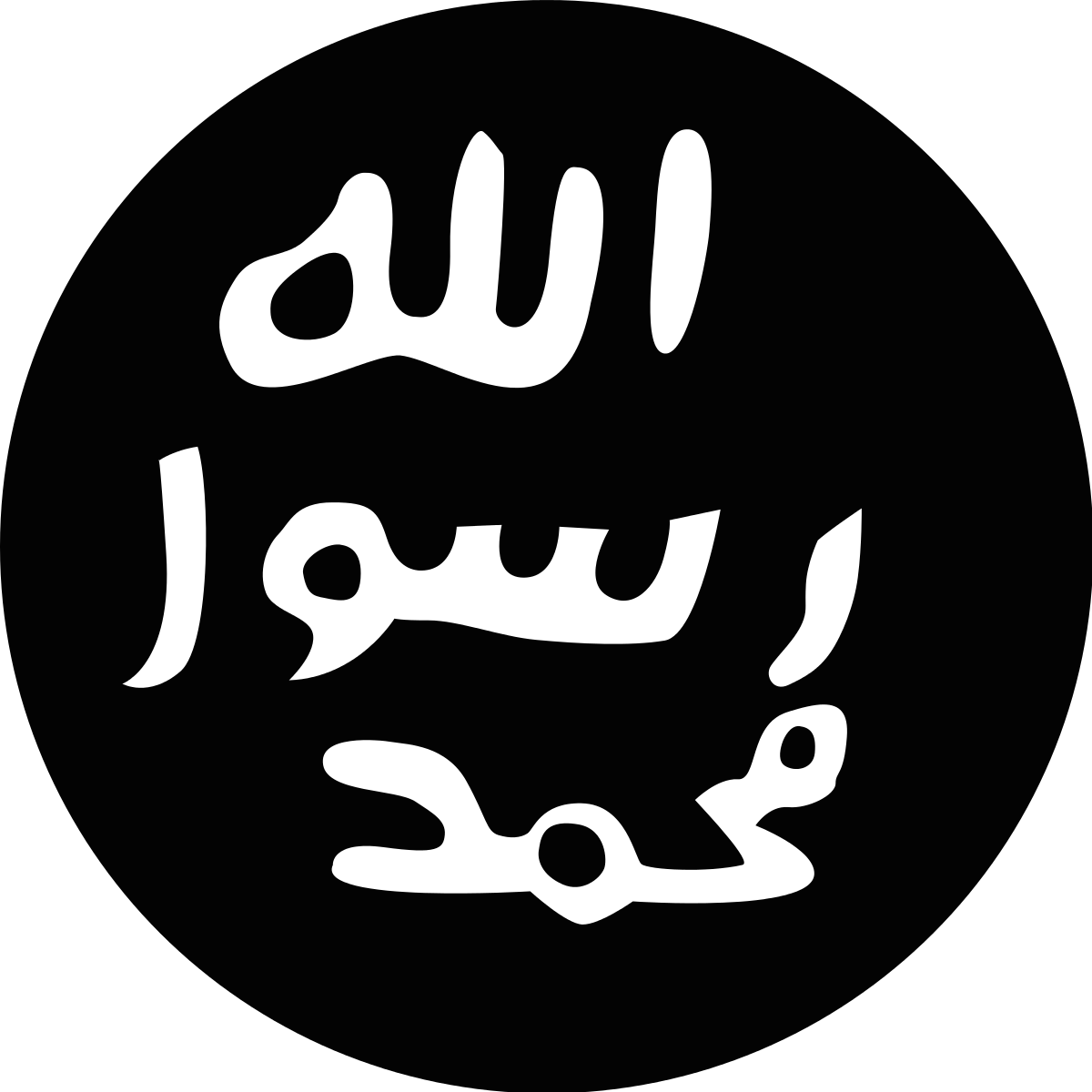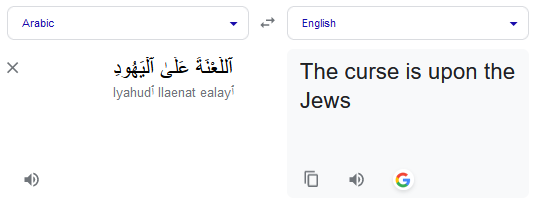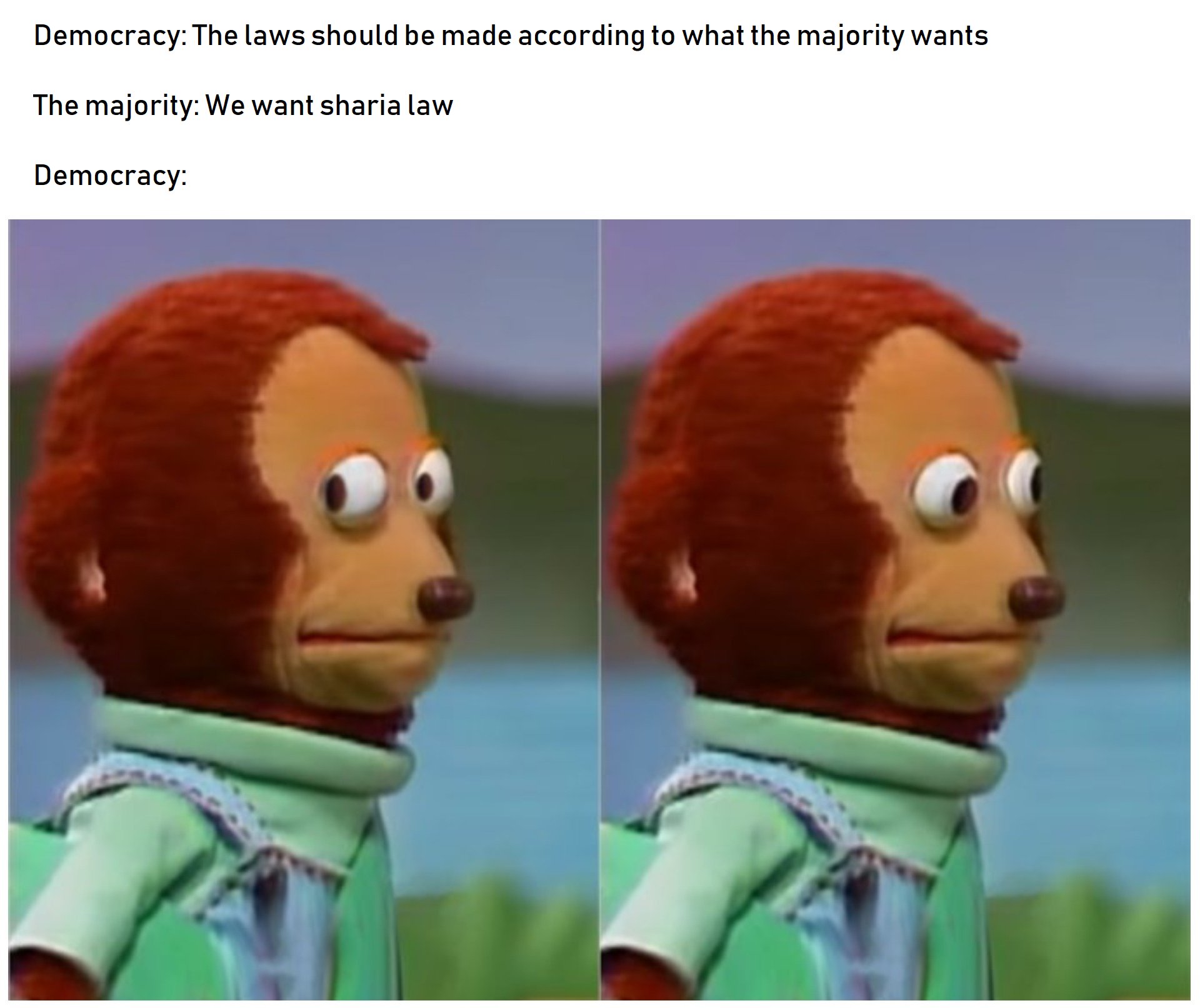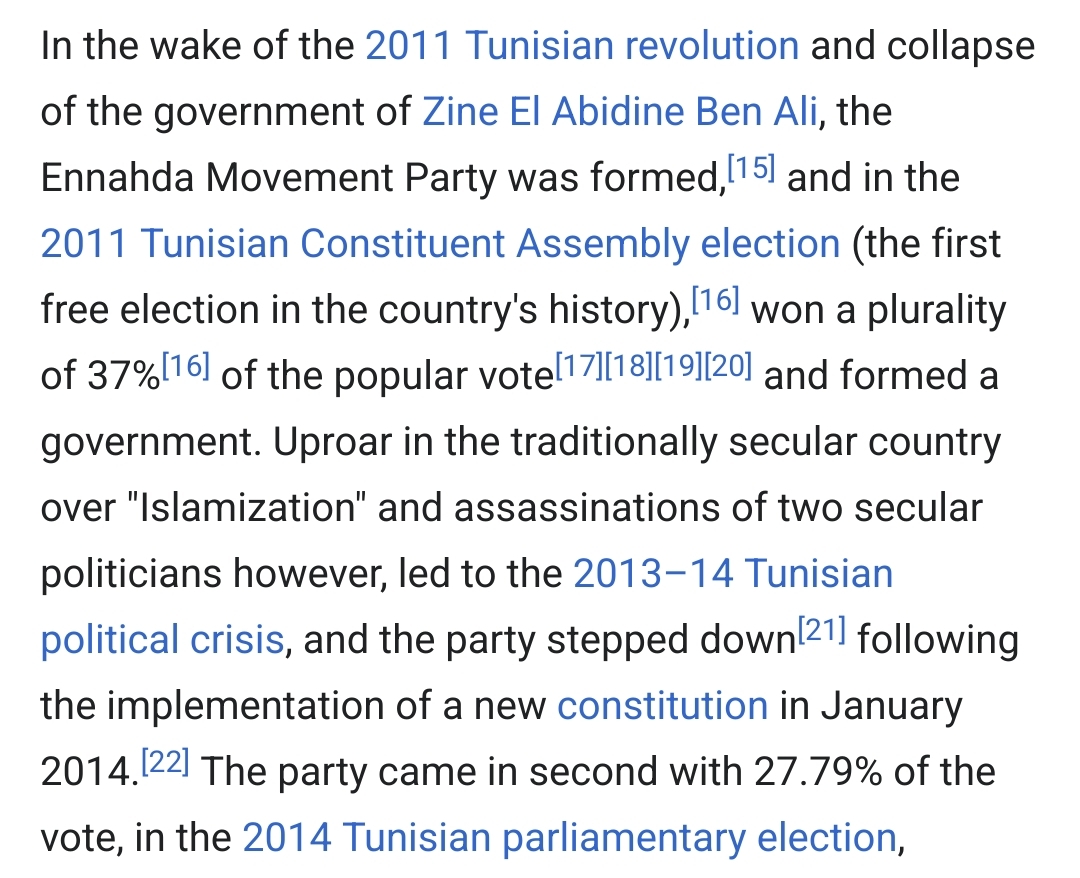cross‐posted from: https://lemmygrad.ml/post/5873308
With the exceptions of alcohol (and the occasional locust), nearly everything that is kosher is also halal. It is normal for Muslims to seek kosher cuisine whenever Islamic grocers or restaurants are difficult to access. Quoting Ethan B. Katz’s The Burdens of Brotherhood: Jews and Muslims from North Africa to France, page 52:
Illustrating the potential for interaction, Muslims looking for halal meat regularly entered kosher butchers’ shops. Given that many Muslims have long considered kosher meat permissible under Islamic law, since the nineteenth century, a number of North African Muslim travelers had sought out kosher butchers when visiting Europe. In war time France, many observant Muslims naturally turned to Jewish slaughter houses for their meat.¹¹⁶
Page 66:
During the 1930 celebrations of the centenary of the Algerian conquest, one Jewish observer spotted groups of visiting Muslim notables in traditional attire entering the kosher restaurants of the 9th arrondissement, drawn by both the compatibility of Jewish ritual slaughter practices with Muslim rules of halal and the familiar menu.²⁰
Indeed, the daily experience of the city was changing: Parisians out walking in certain quarters might regularly pass by a restaurant with North African or Balkan cuisine and smell the wafting scent of couscous, merguez, baklava, or other traditional “Oriental” or “Arabic” foods; see Jews or Muslims dressed in “North African” garb going about their daily lives in the city; or hear previously unfamiliar Arabic musical modes and instruments emanating from cafés, restaurants, and concert halls.
Page 227:
Until halal shops became widespread in Marseille in the mid to late 1960s, many newly arrived Muslims went to kosher butcheries here and elsewhere in the city to buy their meat.¹¹³
Page 234:
Not far from Cronenbourg, the Bagouchas, an Algerian Jewish family, opened the city’s first “Oriental” grocery store, with products from North Africa. “All the Muslims,” remembers Dahan, “went to this épicerie, because they found there someone who spoke Arabic, who dressed like them, who served the great sacks of spices to which they were accustomed in North Africa.” For many years before Strasbourg had halal shops, religious Muslims purchased their meat at kosher butcheries.¹³⁸
Page 240:
Jews’ and Muslims’ mutual familiarity, common customs and language, and physical proximity gave way to social, economic, cultural, and even religious relations. In many North African cafés, Jews and Muslims played cards and listened to Arabic music together.¹⁶⁰ Mediterranean grocery stores regularly featured mixed Jewish and Muslim clienteles. Many Jews and Muslims lived in the same apartment building.¹⁶¹ A number of Tunisian Muslims who found their way to Belleville took jobs in the quarter working for Jewish‐owned food establishments.¹⁶²
North African Jews in Belleville often had greater resources than their Muslim counter parts and reached out to them. As an organizer for Logique, a Jewish voluntary association helping underprivileged children in Belleville, Patricia Jaïs remembers working with both Jewish and Muslim families in need. She recalls as well a Jewish friend whose father kept his neighborhood North African café open after hours each night to allow Muslims who came with no money to eat for free.¹⁶³
Community boundaries were at once porous and fixed. With fifteen kosher and twelve halal butcheries in the short stretch between the Ménilmontant and Belleville Metro stops, Jews and Muslims generally purchased ritually slaughtered meat that accorded precisely with their own, rather than each other’s comparable, traditions.¹⁶⁴
Reviving customs popular in North Africa, Jews and Muslims also exchanged foods around the Muslim holiday of Ramadan. During the fast month itself, Jewish grocers often offered fruits, vegetables, and fresh herbs that Muslims used to prepare their evening meals. On Aïd el‐Fitr, the feast that concludes the holiday, Muslims would bring pastries and grilled mutton to their Jewish neighbors. As in North Africa, these exchanges highlighted a sense of community.
By their festive, occasional nature, though, they underscored the way that many Jewish and Muslim neighbors, while speaking in the street and remaining amicable, stayed at arm’s length.¹⁶⁵ The mixing of Jews and Muslims was accepted here, but it occurred in a precise, controlled context and thus relied on understood boundaries.
Quoting Aviva A. Orenstein’s Once We Were Slaves, Now We are Free: Legal, Administrative, and Social Issues Raised by Passover Celebrations in Prison:
Interestingly, one cause of the increased cost of kosher meals in some prisons is the request by devout Muslims for kosher foods, which satisfy the Muslim requirements of halal.¹⁵⁷
[Trivia]
In medieval Europe, some Christian authorities referred to Islamic dietary laws as another justification for classifying Muslims as legally ‘Jewish’. Quoting David M. Freidenreich’s Jewish Muslims: How Christians Imagined Islam as the Enemy, pages 135–6:Bernard transformed the structure of canon law, but he did not seek to change the ways in which canonists perceived Muslims. Huguccio, Bernard’s contemporary and an equally influential canonist, did just that: perhaps in an effort to account for the Third Lateran Council’s unprecedented association of Jews and Saracens, he collapsed the legal distinction between these groups.
“Today,” he asserted in the late 1180s, “there does not seem to be any reason for saying that servitude to pagans is different from servitude to Jews, for nearly all contemporary pagans judaize: they are circumcised, they distinguish among foods, and they imitate other Jewish rituals. There ought not be any legal difference between them.”¹¹
Huguccio acknowledges that the New Testament itself instructs Christian slaves to accept the authority of their pagan masters (1 Peter 2:18). He emphasizes, however, that twelfth‐century “pagans”—that is, Muslims—are different from their predecessors because they adhere to “Jewish rituals” such as male circumcision and abstention from pork.
Just as Christians may not serve Jews, Huguccio contends, so, too, they may not serve “judaizing pagans”—that is, Muslims. Canonists, after all, regarded literal observance of Old Testament law as a defining feature of Judaism, and they would readily brand Christians who practice circumcision or distinguish among foods as judaizers; from this perspective, it follows naturally that Muslims judaize in their adherence to these practices. By extension, Huguccio seems to suggest, Muslims are as likely as Jews to corrupt the beliefs and behaviors of their Christian slaves.
[…]
Huguccio, unlike Bernard, also forbids shared meals with Muslims on the grounds that “nearly all Saracens at the present judaize because they are circumcised and distinguish among foods in accordance with Jewish norms […] The reason for the prohibition [against Jewish food] expressed in Omnes applies equally to both groups.” According to Huguccio’s interpretation of Omnes, the sixth‐century canon forbidding shared meals with Jews discussed above, exposure to Judaism is dangerous because Christians might be tempted to adopt Old Testament practices.
By this logic, interaction with Muslims is equally fraught since they, too, observe Old Testament norms literally. Huguccio’s argument for avoiding shared meals with Jews and Saracens alike appears in the influential Ordinary Gloss to the Decretum, the mid‐thirteenth‐century commentary that regularly accompanied subsequent copies of that collection.¹²

